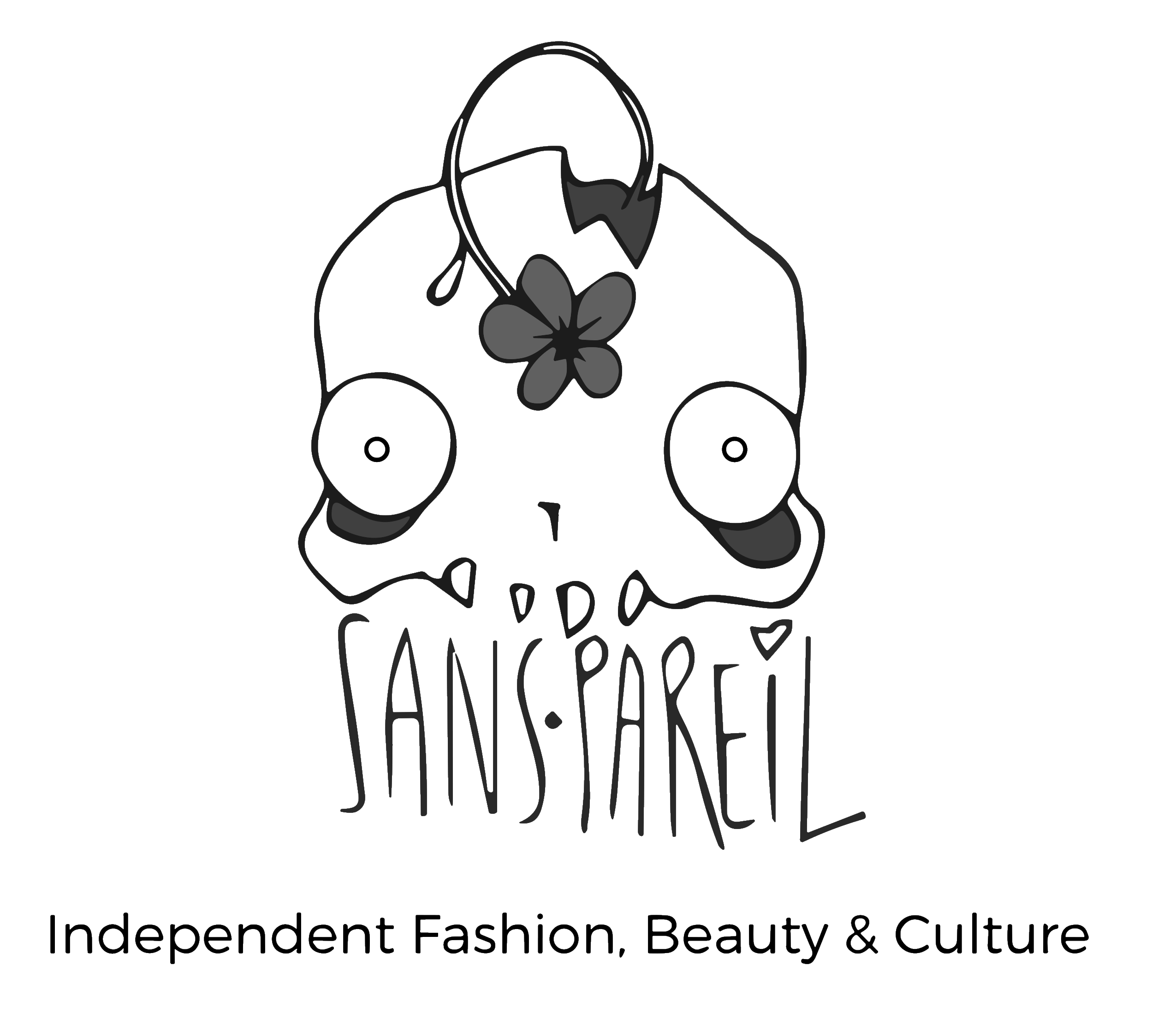Mindful Fashion New Zealand launched the groundbreaking Threads of Tomorrow report, revealing outstanding statistics that detail the economic contribution of the New Zealand Fashion, Clothing and Textiles Industry (NZFCTI). Produced by EY New Zealand ‘Threads of Tomorrow’ – Crafting the Future of Aotearoa New Zealand’s Fashion, Clothing and Textiles Landscape – presents the case for change and a bold vision for the NZFCTI to reach a thriving and circular future.
Key findings in ‘Threads of Tomorrow’ show the sector’s direct impact in 2023:
· $7.8 billion added to the economy.
· 1.9% contributed to GDP.
o By comparison Supermarket, grocery stores and specialised food trading sector contributed 1.4% to GDP in 2023 (reference: Regional Economic Profile | New Zealand | Economy structure (infometrics.co.nz)
· $4.4 billion paid in wages.
· 76,011 workers employed.
· 78% of the workforce is female, demonstrating women’s economic empowerment is intrinsically linked to the sector.
The New Zealand Fashion, Clothing, and Textile Industry has a strong presence in the economy and job market, and a unique cultural footprint on the world stage. Despite deregulation causing the closure of many manufacturers over the last 40 years, the industry has adapted and remains a cornerstone of the nation’s economy as both a sizeable contributor and significant employer.
With a clear roadmap for the future laid out in the report, Mindful Fashion NZ is calling on the government to engage with the industry on the recommendations, which have significant potential to stimulate economic activity, boost the sector’s contribution to the country, and demonstrate the wider benefits a thriving industry can bring.

Mindful Fashion NZ launches Industry Value Report.
Government urged to engage with sector that contributes $7.8bn to economy
A ground-breaking new report commissioned by Mindful Fashion NZ, examining the sizable
economic and cultural contribution New Zealand’s Clothing and Textile Industry makes to
Aotearoa New Zealand, has been released today.
Produced by EY New Zealand ‘Threads of Tomorrow’ – Crafting the Future of Aotearoa New
Zealand’s Fashion, Clothing and Textiles Landscape – presents the case for change and a
bold vision for the New Zealand Fashion, Clothing, and Textile Industry (NZFCTI) to reach a
thriving and circular future.
Jacinta FitzGerald, Chief Executive of Mindful Fashion NZ said, “the New Zealand Fashion,
Clothing, and Textile Industry has a strong presence in the economy and job market, and a
unique cultural footprint on the world stage. Despite deregulation causing the closure of
many manufacturers over the last 40 years, our industry has adapted and remains a
cornerstone of the nation’s economy as both a sizeable contributor and significant
employer.”
“With a clear roadmap for the future laid out in the report, Mindful Fashion NZ is calling on
the government to engage with the industry on the recommendations, which have significant
potential to stimulate economic activity, boost the sector’s contribution to the country, and
demonstrate the wider benefits a thriving industry can bring.”
Collectively, 15 recommendations have been proposed across four action areas to provide a
roadmap for the industry to focus its transition towards a thriving and circular future. The
report’s actions are designed to address key challenges the sector is facing and capitalise
on opportunities for economic development.
The four actions areas and 15 corresponding recommendations, all of which have identified
stakeholders responsible for driving them forward, are:
- Growing a skilled workforce
Develop a skilled workforce to support a thriving NZFCTI and cultivate new talent to
fill existing and future gaps.
- Advancing local materials and manufacturing
Enhance local manufacturing capability to boost GDP, and show leadership in
development and use of low-impact materials.
- Enabling a circular economy.Increase the use of clothing and create value through circular and recycling systems,
- resulting in minimal textile waste.
- Promoting New Zealand fashion, clothing and textiles Engage with consumers to promote the benefits of local business and sustainability and embed circular and responsible practices into business models to stimulate economic activity.
Significant challenges for the sector include increasing business costs, difficulty accessing
capital, lack of skilled workers, competition from global brands, limited local manufacturing
capabilities and addressing the social and environmental impacts of a globalised system.
Concurrently, exciting opportunities have been identified associated with transitioning
towards the desired future, which include revenue and cost benefits, upholding the values of
Aotearoa New Zealand and investing in innovation.
“While this report makes a strong case for collaboration, it is also a call for more support and
investment. We call on the support and influence of leading businesses in the New Zealand
fashion, clothing and textile industry, who believe in a more sustainable future and are
excited by an opportunity to show industry leadership.
“We urge investors and industry stakeholders who see the potential of our vision to connect
with us and get involved. We ask the government to work with us to incentivise and scale the
recommendations of this report, Jacinta said.
- Jacinta FitzGerald added, “at Mindful Fashion NZ our mission is to build an innovative, full-
circle and thriving future for the industry. We believe that working together, we can make an
immense impact on our industry’s future and transform it to one that adds enormous value to
the people of Aotearoa New Zealand.
“This report presents the opportunity for the sector to demonstrate that a circular and thriving
industry is possible, driven by purpose-led businesses and united behind a common
agenda.”

Juliette Hogan, Board Chair & Designer.
Fashion Designer and Chair of the Mindful Fashion Board, Juliette Hogan said, “the industry in Aotearoa is at a critical turning point. What is clear is that to successfully transform the industry, we all need to work together. No one organisation alone can change the system, but by working together we can create an industry that’s future focussed and that we’re all proud to be part of.”

Pictured: Jacinta FitzGerald.

